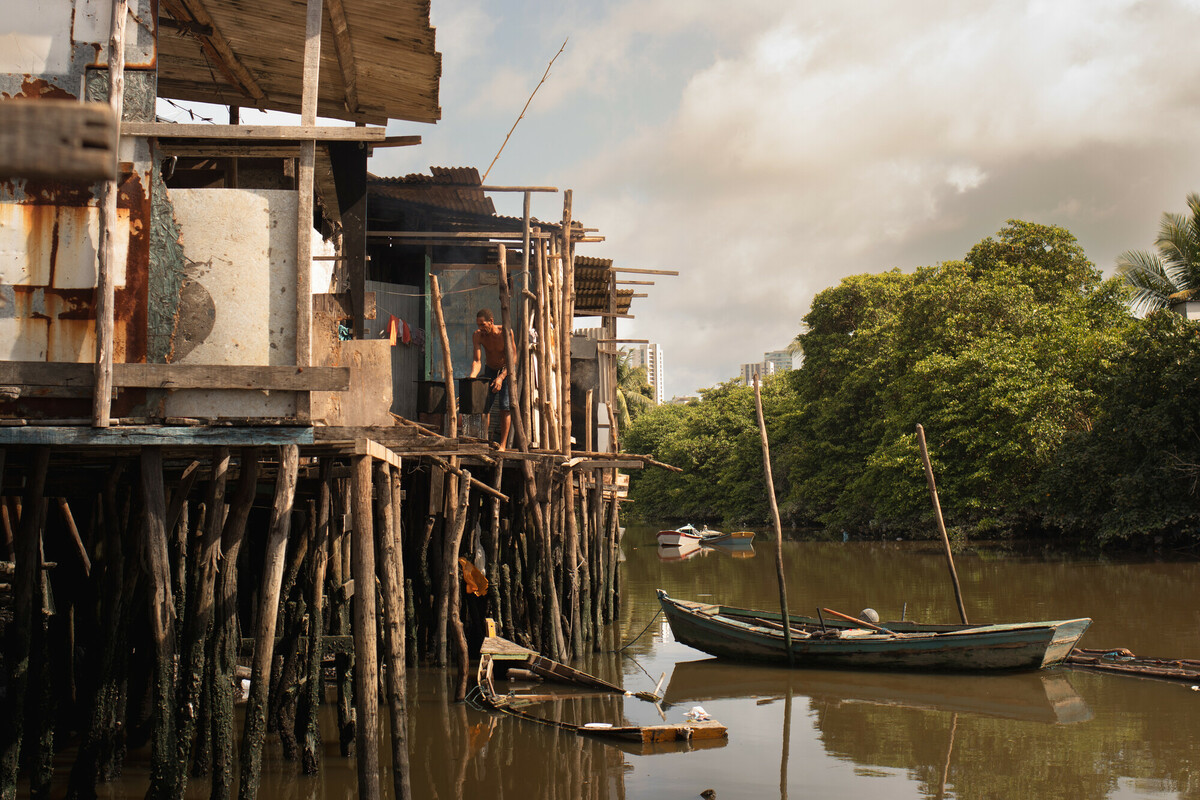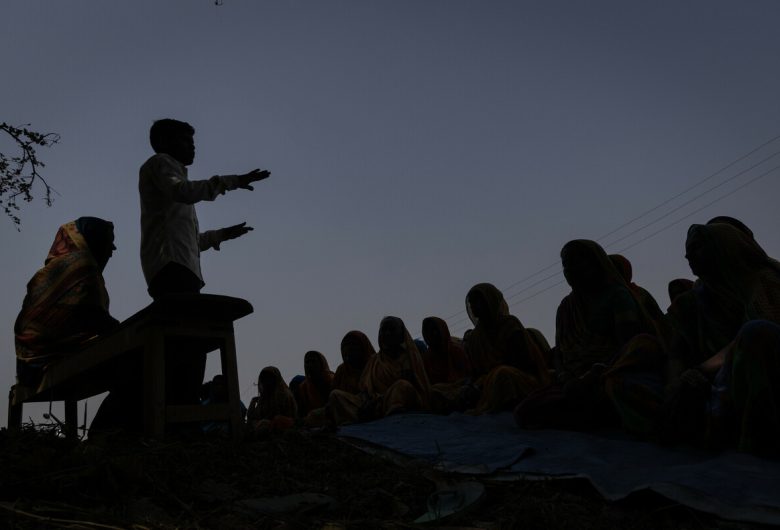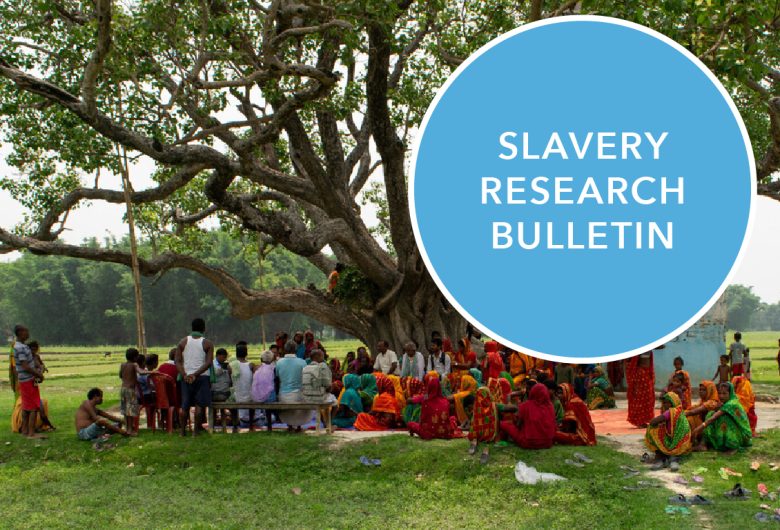Welcome to the Freedom Fund’s monthly bulletin designed to bring you new and compelling research from the global anti-slavery movement.
Unrestricted funds advance survivor leadership in anti-slavery movements
An independent evaluation assesses the impact of the Freedom Fund’s Survivor Leadership Fund. Since 2021, the Fund has provided unrestricted funding to 118 survivor-led organisations (SLOs) in 15 countries, many excluded from mainstream donor support. The strongest impact was on the agency of survivor leaders and voices of survivors in their communities, with 66% of SLOs reporting substantial progress in these areas. Policy advocacy showed the least impact, as many SLOs remain in early stages, lacking the networks and resources to engage regularly with officials and policy processes, underscoring the need for sustained support for SLOs to build influence and drive systems change.
New data on human rights and the environmental impact of mining operations in the DRC
The University of Nottingham offers new insights into the human rights and environmental impacts of mining operations in the Democratic Republic of the Congo. Drawing on 1,431 surveys with artisanal and small-scale miners (15% of whom are women) from major copper–cobalt mining concessions, the findings reveal that 28% of respondents began working as minors, 37% were in forced labour conditions, and 88% lacked alternative means of survival due to the impact of mining on land used for agriculture. More than 90% of respondents reported having access to medical care, but the quality was poor, and none had a written work agreement or belonged to a trade union.
Shifting household attitudes and norms towards child domestic workers in Ethiopia
The Freedom Fund reports on the impact of a project in Addis Ababa designed to support CDWs by shifting social norms, strengthening protection, and promoting child leadership. Based on a tracing study with 219 child domestic workers (CDWs) and employers, the study found a significant increase in school enrolment (from 54% to 93%), fewer poor quality meals (from 60% to 17%) and a reduction in reported verbal abuse (from 27% to 9%) after 21 months of intervention. The findings highlight the importance of employer support for CDWs in maintaining family communications and supporting educational outcomes, as well as the need for legal recognition and protection of children in domestic labour.
The link between drought and sexual violence in low-and middle-income countries
A study led by Curtin University examines the link between extreme drought and sexual violence against girls and young women in low-and middle-income countries (LMICs). Drawing on surveys of 35,309 females aged 13-24 from 14 LMICs between 2013 and 2019, the study found that 21% had experienced sexual violence in their lifetime and 10% within the past year. Girls and young women who were exposed to prolonged and extreme drought, defined as lasting 8 months or more, faced 21% higher odds of experiencing sexual violence. The results emphasise how climate change can intensify the risk of sexual violence, highlighting the need for a multisectoral response to protect climate-vulnerable populations.
New “Air Silk Road” ferrying goods from Xinjiang to Europe
The Uyghur Human Rights Project documents a growing network of air cargo routes between Urumchi, in China’s Xinjiang Uyghur Autonomous Region (XUAR), and European cities. Analysing flight history data from June 2024 to May 2025, it identified 672 cargo flights from Urumchi to Europe. Up to 2,000 tonnes of goods may be transported monthly via these routes, with the UK (48%), Hungary (24%), Greece (10%), Germany (9%) and Belgium (4%) being top destinations. Given that the XUAR is a key site of state-imposed forced labour, these expanding trade links raise serious questions about the effectiveness of the European Union’s Forced Labour Regulation and the UK’s Modern Slavery Act.
Read on
The University of Edinburgh conducts a systematic review on online child sexual exploitation and its psychological harms, finding that inconsistent definitions and measurement tools make it difficult to compare results across outcomes and contexts.
The University of Sydney argues that published datasets, indicators and proxies for modern slavery are generally unsuitable for predicting child and forced labour risks in global supply chains.
The International Labour Organization and Innovation for Poverty Action invite input to a global survey to identify top research priorities on forced labour and human trafficking, the survey closes on 15 September 2025.
Freedom Fund news
The Freedom Fund is seeking a consultant to adapt a leadership curriculum for Ethiopian survivor-led organisations. Apply by 20 August 2025.
Visit our Newsroom for more updates.
Research library
Visit our Slavery Research Library to access anti-slavery resources from across the globe.
Contact
The Slavery Research Bulletin is produced monthly by the Freedom Fund, a global fund with the sole aim of helping end modern slavery.
Research being featured in this bulletin does not equal endorsement by the Freedom Fund.
Click here to sign up to the Slavery Research Bulletin mailing list.
Photo credit: Natália Corrêa/Walk Free



